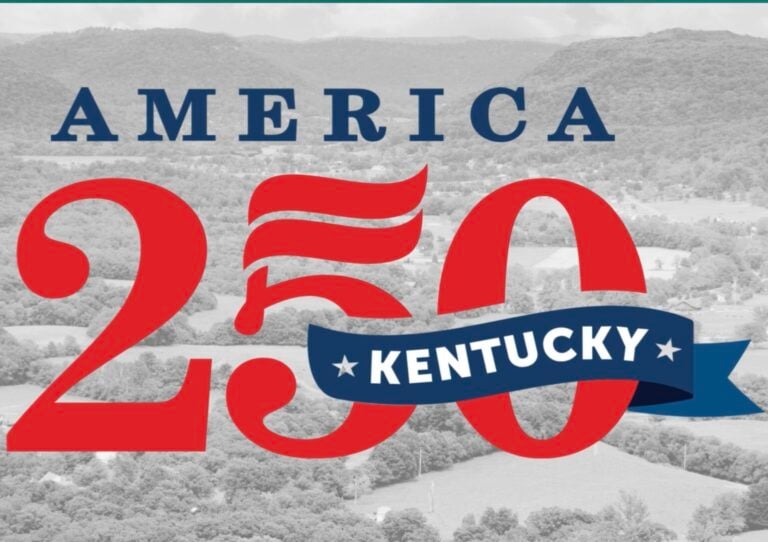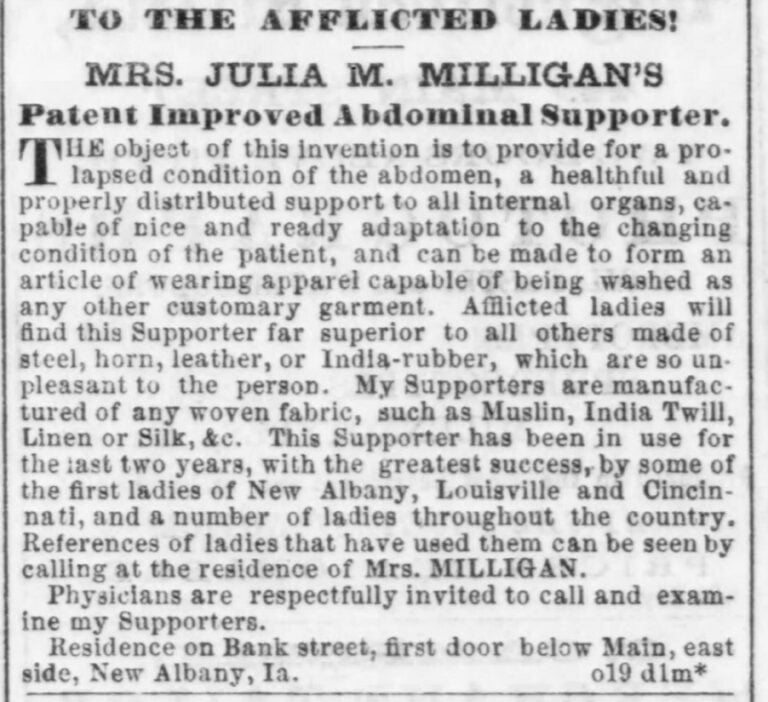I have been thinking a lot about how we move ahead in this time of peril. Here is what I think needs to happen.
We need – we desperately need – a grand coalition, to defeat the ongoing damage being done to our country and our way of life.
Having spent a lifetime as an activist in the Democratic Party, including serving as county chair, and being a candidate – with wins and losses – I know well what party politics are about. From both the inside and the outside.
I was not alive when FDR enunciated his Four Freedoms, but I believe they state well what it meant – and means today – to be a Democrat: freedom of speech, freedom of worship, freedom from want, and freedom from fear. With a government structured and financed to deliver the services necessary to secure these freedoms.

I have in recent weeks been talking with moderate Republicans. Specifically, four, two of whom are Trump supporters and two of whom are not.
What became clear, putting aside their views pro or con about Trump, is that their basic political convictions are somewhat similar and reflect traditional bedrock Republican beliefs: small government, low taxation, minimal regulation, and strong individual and economic freedom.
I spent most of my legal aid career pursuing policy changes, to address the needs of our clientele, in the Kentucky and Ohio state legislatures. I have witnessed how parties not only pursue their own objectives but also on occasion work together to achieve mutually desired policy change. Such efforts always depend on the specifics of external circumstances, along with the parties’ assessments of their own interests.
In my experience, party-based convictions are deep and not easily dislodged. The good news, however, is that they need not be, in order to make progress on the mutual goal. In fact, it is a strength, that they need not be set aside.
Why? Because in a coalition, by its very construct, interested enterprises come together not requiring that any one or more sacrifice their fundamental beliefs, but that those who hold disparate beliefs on many issues can set those aside to work together to address their shared concerns.
Coalitions are ordinarily short-lived. Once their objective is achieved, or not, they tend to go out of existence. They generally do not become permanent fixtures on the political landscape.
What is required, for a coalition to work effectively, is that each interested party find something in the mutual objectives that are of significant importance to it.
One of my most powerful experiences involving participation in a coalition occurred during my Ohio-based legal aid career. After Congress adopted the Affordable Care Act (ACA), which was upheld by the Supreme Court, states had the option of adopting a largely federally-funded expansion of their Medicaid program. The ACA included significant incentives for states to do so, including health care coverage for large numbers of their uninsured population, along with billions of dollars to support their health care industries and economies.
A broad-based coalition emerged to work with the Kasich Administration to adopt the expansion for Ohio. Involved were not only the usual suspects, for example, our own health care reform coalition including consumer-based organizations and advocacy groups, but also larger providers groups like the Ohio Hospital Association, the Ohio State Medical Association, all the Chambers of Commerce, all the major faith communities, and all the major newspapers. And others.
There were many diverse interests in the coalition. But these were easily set aside, given everyone’s zeal to obtain the expansion.
And that is what ultimately happened. The Administration, representing moderate Republican views, with the strong support of the coalition, prevailed over a group of Republican legislators often described as the “caveman caucus.” (I personally preferred the label “civilizationally challenged”.)
I describe this coalition effort at some length in order to clarify why it is a believable thought that such an effort could help us with the Trump crisis.
What is “out there” in our midst are many frustrated Republicans, many frustrated Independents, and almost all Democrats. Together, these diverse constituencies constitute, I am quite certain, a majority of voters as well as civilian activists.
To some extent, the Republican component of this group is obscured by the degree of fear that many, including most office holders, have of incurring Trump’s wrath. The real depth of the component who do not support him but act otherwise, is unknown. I know of no poll that measures that.
Nonetheless, the good news is that at this very moment, this coalition is being born all across America, from the ground up. Thousands of Americans of all political stripes are demonstrating in communities everywhere, regardless of size or character. What is paramount are not the things that usually divide them, but what binds them in this time of crisis, their common objectives.
A final thought about traditional political convictions. These are not only not a negative in this effort, they are in fact a positive. Having and keeping those convictions intact while pursuing coalition objectives can be the source of comfort and strength. People who feel stable in their own identity, while pursuing objectives about which they also feel strongly, make fierce warriors, in my experience.
So this idea of a broad-based coalition effort – not a new party, but a coalition of parties and interests – is well based in both logic and experience.
We should all be contributing our support and involvement.
Col Owens is a retired legal aid attorney and law professor, author of Bending the Arc Toward Justice, longtime Democratic Party activist, and member of the Boards of Directors of Kentucky Voices for Health and the Kentucky Board of Elections.


















This is so well written and so incredibly needed! Thank you!